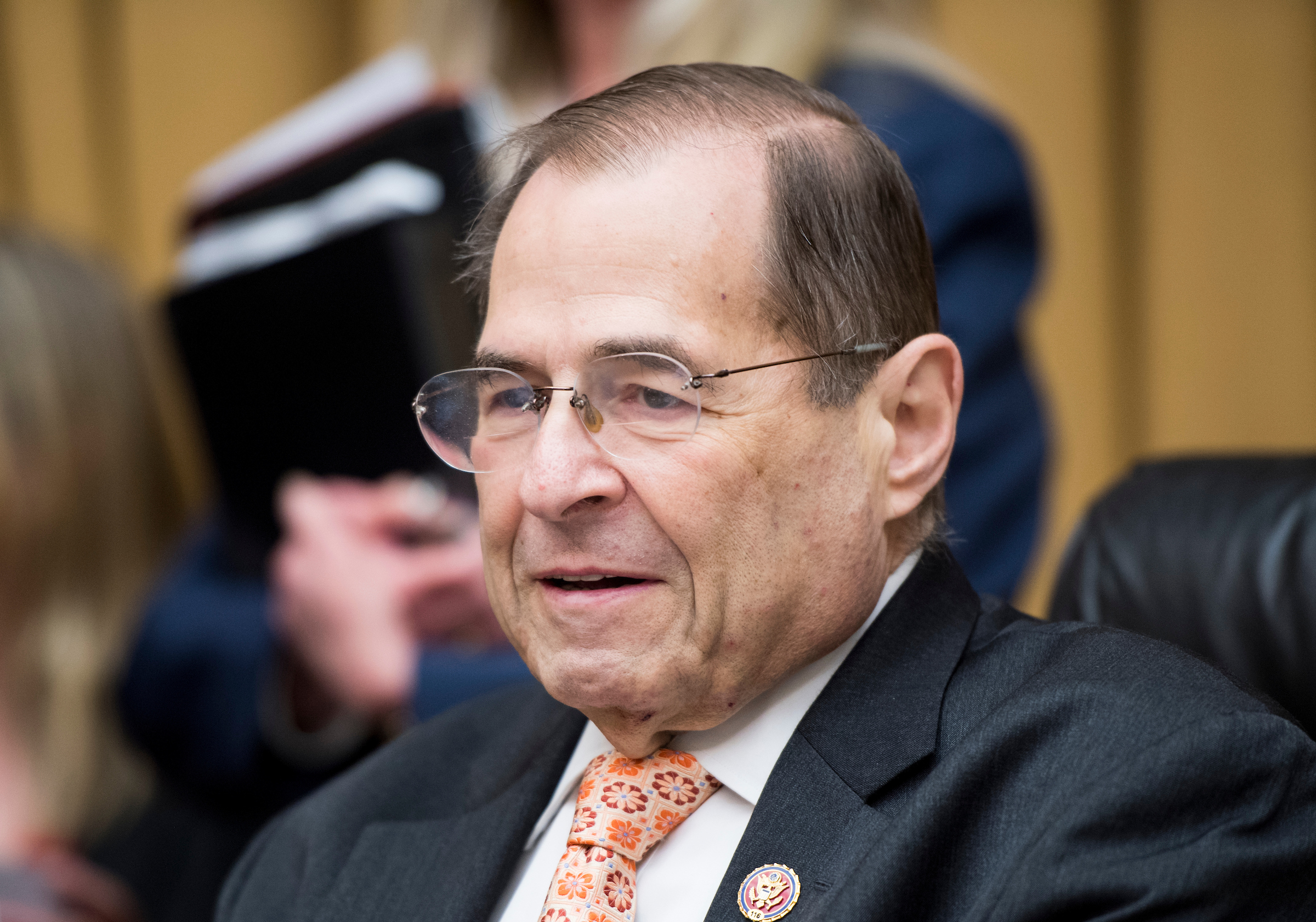House Judiciary to vote on subpoenas on family separation order
Chair Jerrold Nadler said 12 individuals would be issued subpoenas including Attorney General Jeff Sessions and Trump’s son-in-law Jared C. Kushner

The House Judiciary Committee has scheduled for Thursday a vote on a resolution that would authorize the issuing of subpoenas to current and former White House officials who participated in the 2018 decisions over the “zero tolerance” policy, which resulted in the separation of more than 2,500 children from their migrant parents at the southern border.
The resolution would authorize subpoenas for documents and testimony from current and former administration officials relating to the family separation policy, other separating policies and the detention of children and families.
[Democrats learning their subpoenas are only as powerful as Trump allows]
In addition, the resolution would also authorize the issuing of subpoenas to White House officials relating to potential presidential pardons for Department of Homeland Security officials. This arose after reports asserted President Donald Trump told acting Homeland Security Secretary Kevin McAleenan that he would offer him a presidential pardon if he decided to break the law to carry out Trump’s immigration agenda.
House Judiciary Chairman Jerrold Nadler said that, under the resolution, 12 individuals would be issued subpoenas including former National Security Adviser Michael T. Flynn, former White House Chief of Staff John F. Kelly, former Attorney General Jeff Sessions and Trump’s son-in-law Jared C. Kushner.
[Fines? Jail time? Democrats leave all options on the table for enforcing subpoenas]
“This week, the committee will take an important step in moving forward with oversight of the Trump administration,” Nadler, D-N.Y., said in a statement. “For months, we have held hearings and sent letters to the agencies of jurisdiction involved with implementing a catastrophic and inhumane family separation policy at the southern border. Many questions remain and it is past time for a full accounting of this policy and practice.”
For several months, the committee has requested Department of Homeland Security officials provide lawmakers with documentation relating to Trump’s immigration policies in light of the recent influx of migrants arriving at the southern border and reports of migrant children dying in government custody.
The zero-tolerance policy, first implemented in April 2018, was designed to federally prosecute individuals caught entering the U.S. illegally, including those with children. However, the Trump administration ended the program in response to public outrage over photos of young children sleeping on cement floors in warehouses and surrounded by chain-link fences.
A federal judge also intervened and ordered the Trump administration to reunite all children separated from their parents shortly after the president ended the program.
But the problem did not end there. Months after the policy had ended, a January 2019 report by the Department of Health and Human Service’s Office of Inspector General found “thousands” more children than originally reported may have been separated because the department did not have a proper system in a place to track separated children.
Democratic-led committees in the House have held several hearings in recent months at which experts have testified about the psychological trauma and other impacts many of these young children endured after being separated from their parents and living in government facilities for long periods of time.
Nadler stated he remains “open to reaching a reasonable accommodation,” and said he will not issue subpoenas if the information the committee is seeking is voluntarily provided.
“We will get answers one way or the other,” he said.
The committee has previously issued subpoenas to White House officials to testify about other issues, however, the Trump administration has resisted those subpoenas.





